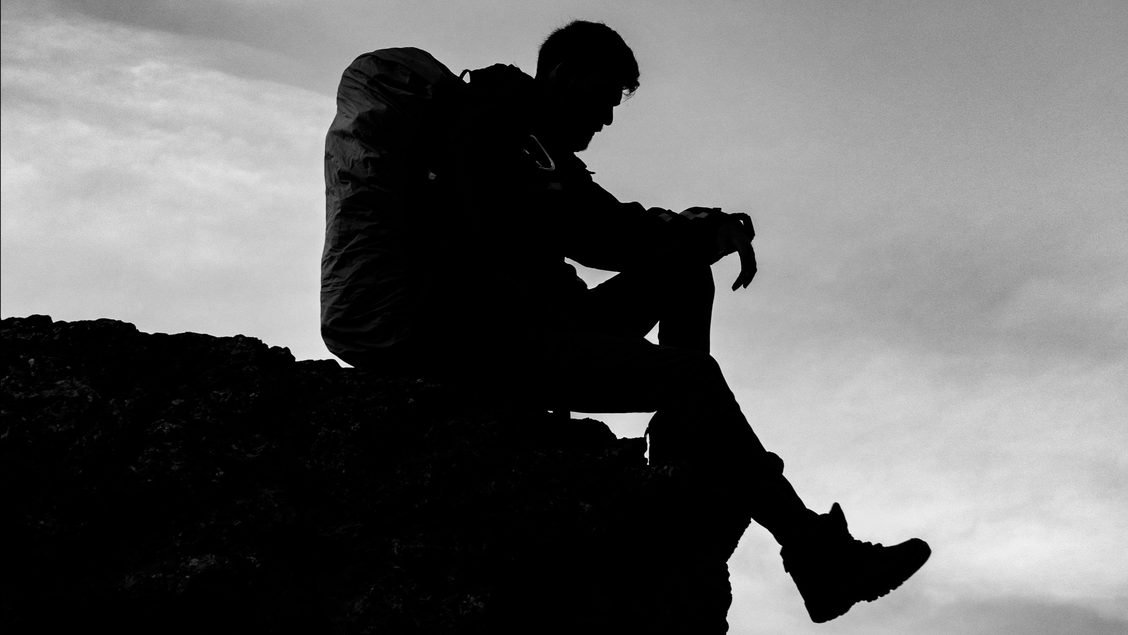This Sunday is one of those marvelous pivots of the church year. We’ve come almost to the end of Lent proper, and we start to look towards the momentous events of Holy Week. In about a week’s time, we will sing Hosanna and hear the passion of our Lord being read. To riff a little on T.S. Eliot’s words in The Waste Land, we are in that space:
Before the torch-light red on sweaty faces
Before the frosty silence in the gardens
Before the agony in stony places
The shouting and the crying
Prison and place and reverberation
Of thunder of spring over distant mountains
Great things, terrible things, world changing things, are about to happen.
If we’re honest with ourselves, we know that don't want to look at death. It's hard to face the reality of the cross in our religious lives. I know that I would much rather stay on the mountain peaks, in any place where I am not pierced to the core by horror and sorrow, where I am not faced with the reality of the human condition - quite especially my own. And yet here we are.
Here we are, standing at the pivot between the sign of the Easter to come that we hear on Sunday in the story of Lazarus, and the darkness of Holy Week that we walk through first. Christ is the one who in that darkness is raised up as the hope of the world. He is the rejected one, the one who will travel down into the shadows of the dead, the one who will walk in the company of the dead and the lost and yet will not be destroyed. He is the one who takes death within himself, the one who offers new life and hope.
“I am about to do a new thing,” he says.
Just wait.
Yours in Christ,
The Rev. Cn. Dr. Kara Slade, Associate Rector
P.S., Consider this also my yearly reminder to make attending Holy Week services a priority. The liturgies of the great three days — Maundy Thursday, Good Friday, and the Easter Vigil — are the very best of our tradition, and the story these services tell is life-changing and life-giving.
P.P.S., on a more personal note, I recently recorded a podcast on Karl Barth and you can listen to it on my publisher Wipf & Stock’s website at the link below.




















